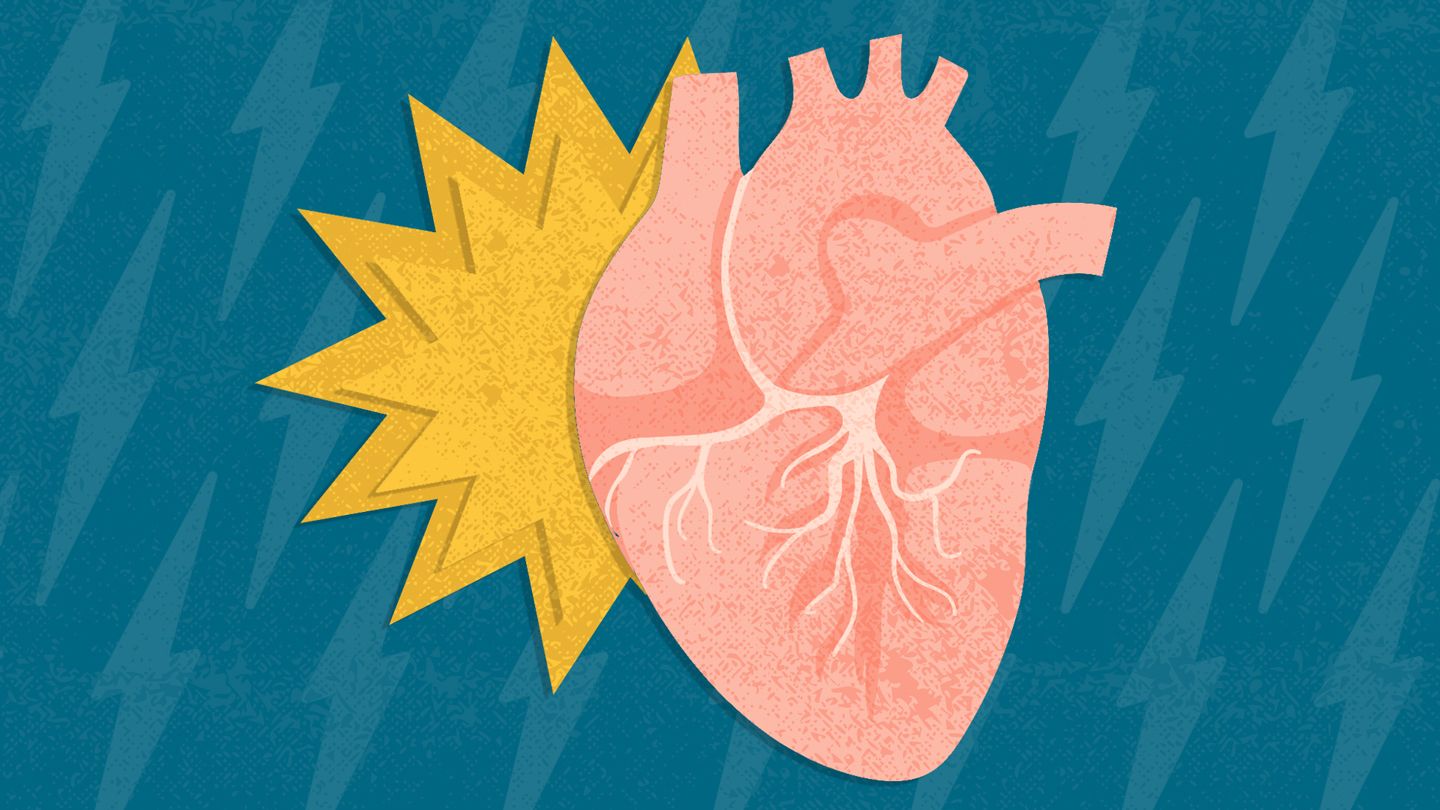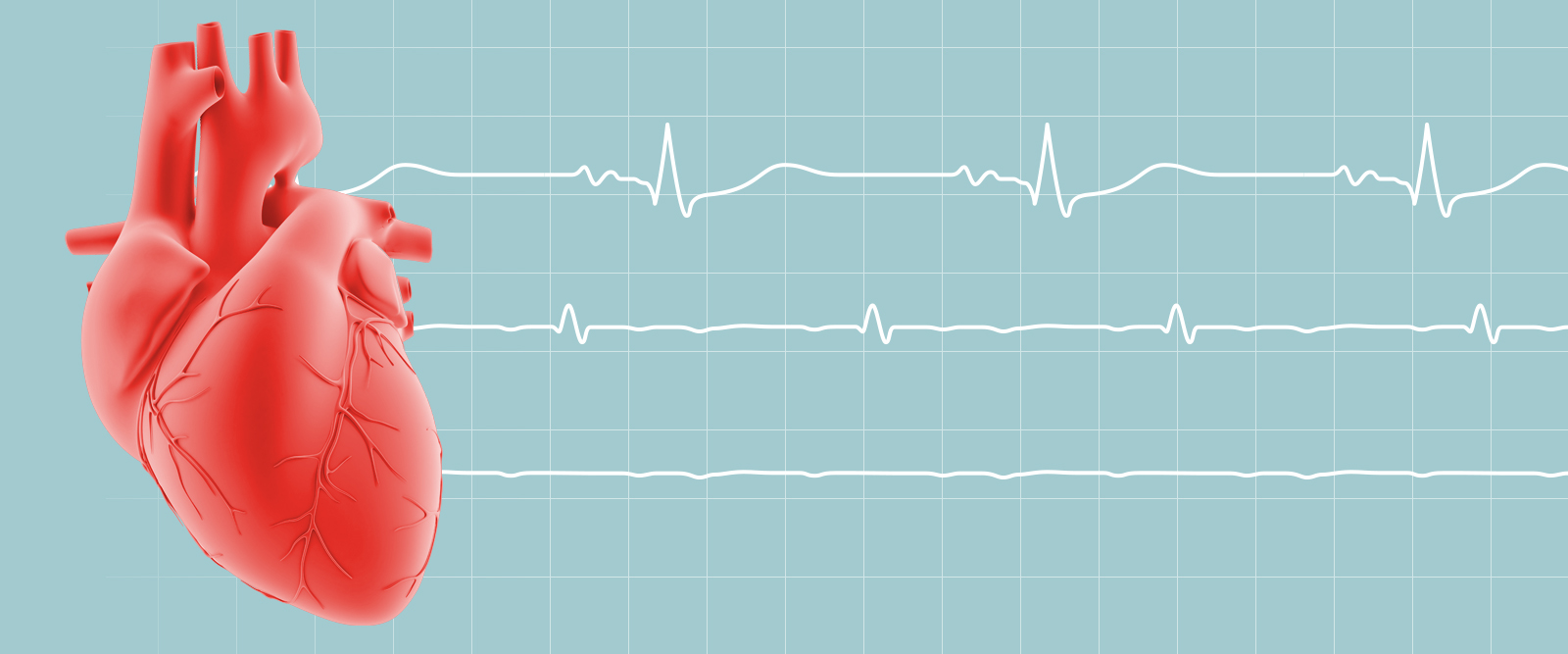
Cardiovascular disease is a major public health concern, and much research has been dedicated to understanding its causes and treatments. However, one area that has received less attention in the realm of cardiology is the link between stress and heart health.
Despite this lack of focus, recent studies have revealed that psychological stress can have an immense impact on cardiovascular functioning – making it an essential component of any comprehensive approach to treating heart-related issues.
In this article, we will explore the various ways in which stress affects our hearts and how medical professionals should take these factors into account when diagnosing or trying to prevent cardiac conditions.
Page Contents
The Impact of Stress on Cardiovascular Health
Stress has a significant impact on cardiovascular health, and yet it is often overlooked in the field of cardiology. Prolonged periods of stress can lead to an increase in blood pressure, putting individuals at greater risk for heart attack and stroke.
Additionally, chronic stress can cause inflammation of the arteries and impede the proper functioning of the heart muscle itself. These effects are further compounded by lifestyle factors such as poor diet or lack of exercise that accompany prolonged stressful situations.
It is therefore essential that we understand how stress affects our cardiovascular system so that preventive measures may be taken before more serious cardiac issues arise. The physiological processes behind these changes are complex but essentially involve hormones released during times of distress which create negative impacts on the body’s circulatory system.
Adrenaline increases blood pressure while cortisol suppresses beneficial aspects like HDL cholesterol production which helps protect against plaque build-up within artery walls. As well as its direct effect on circulation, ongoing stress also impairs one’s ability to make healthy decisions – leading them towards behaviors likely to hurt their hearts such as smoking or overconsumption of unhealthy foods and alcohol.
We all need to assess our level of stress, recognize when it could be having a detrimental effect on our bodies and take steps towards mitigating it where possible – whether through relaxation techniques like yoga or meditation; therapy, or even just simply taking time out for ourselves each day away from work/family pressures, etc… Doing this means we will not only improve our overall mental wellbeing but also ensure we maintain good cardiovascular health too!
Investigating the Link between Stress and Heart Disease

In recent years, the link between stress and heart disease has been an increasingly explored topic in cardiology. Studies have found that individuals with high levels of stress are more likely to suffer from cardiovascular conditions such as hypertension, coronary artery disease, and congestive heart failure. While research into this connection is still in its early stages, scientists believe it could be a key factor in understanding why certain people develop cardiac illness at higher rates than others.
At the core of this connection lies an interaction between psychological factors and physical health. Stress hormones can cause changes to blood pressure and cholesterol levels which can damage arteries over time leading to poor circulation or clotting.
In addition, mental distress has been linked to behaviors such as smoking or lack of activity- both risk factors for heart disease- making it difficult for researchers to untangle the relationship between stress and cardiac health.
To complicate matters further, there appears to be a complex interplay between genetic predisposition and environmental triggers when considering cases of acquired heart diseases caused by chronic stress exposure: genetics may predetermine how quickly an individual develops symptoms whereas environmental influences would determine whether those symptoms arise at all.
As such, further exploration into these connections is necessary for medical professionals seeking effective treatments tailored according to individual patient histories and experiences with stress exposure throughout life.
Examining the Relationship between Mental and Physical Well-Being
As the relationship between mental and physical well-being grows increasingly intertwined, understanding the link between stress and heart health has become an ever more pressing issue within cardiology. A growing body of evidence suggests that psychological stress can have a significant impact on cardiovascular health, with studies showing that those exposed to prolonged or extreme emotional distress are at greater risk for developing serious cardiovascular conditions.
In addition to this, research is beginning to reveal how increased levels of acute stress can lead to sudden cardiac events such as arrhythmia or even myocardial infarction. While much remains unknown about the precise nature of this connection, it is clear that any efforts aimed at preventing and managing heart disease must take into account both physiological and psychological factors to be effective.
Understanding How Chronic Stress Impacts Cardiac Function

Cardiac function is an essential component of overall health. Understanding how chronic stress impacts our hearts is therefore paramount for preventive and curative medicine.
While the effects of acute or short-term stress on the cardiovascular system are well documented, little research has been done to date to investigate the long-term effects of chronic psychological distress on cardiac functioning. The current understanding indicates that prolonged exposure to stressful situations can cause physiological changes in our body, leading to a greater risk of developing cardiovascular diseases such as hypertension, coronary artery disease, and stroke.
It may also increase inflammation levels which can further damage blood vessels leading to poor vascular health outcomes. Furthermore, these conditions may be compounded by unhealthy lifestyle habits such as smoking and lack of exercise which are often associated with increased stress levels.
It is vital then we better understand this link between mental illness and physical well-being when it comes to cardiac functioning so we can develop effective treatments tailored to each individual\\’s unique needs for optimal patient care. To achieve this goal more systematic studies need to be conducted to elucidate the exact mechanisms through which chronic psychological distress affects cardiac physiology over time; only then will we be able to provide targeted interventions based on scientific evidence rather than anecdotal reports alone.
Exploring Strategies for Reducing Risk Factors Caused by Stress
Stress can have a devastating effect on the heart. It is an often overlooked factor in cardiology, yet it plays a major role in how healthy our hearts are.
Research has shown that chronic stress can lead to increased risk of cardiovascular diseases such as hypertension and coronary heart disease. Therefore, understanding the strategies for reducing risks associated with stress is essential for optimal cardiac health.
One approach to reducing stress-related risk factors is through lifestyle modification. This includes eating a balanced diet, getting regular physical activity like walking or jogging, practicing relaxation techniques such as yoga and meditation, and learning better ways to cope with difficult emotions like anger or frustration.
Additionally, finding ways to build strong social connections with family and friends can help reduce feelings of loneliness which may worsen psychological distress levels related to heart health conditions. Another important strategy for minimizing stress-induced risks involves improving time management skills so that people don’t become overwhelmed by their daily tasks and obligations.
This might include setting firm boundaries between work-life balance by turning off devices after working hours or delegating certain responsibilities when possible. Furthermore, taking small breaks throughout the day can be beneficial for restoring energy levels during times of high pressure or uncertainty.
Finally, prioritizing sleep health should not be forgotten either: ensuring at least seven hours per night helps restore cognitive abilities while also promoting hormones necessary for proper cardiac functioning. In sum, many proactive approaches exist when it comes to managing stress-induced risks; however, each individual must find what works best based on their unique circumstances.
Conclusion

Stress has been linked to a wide range of physical and mental health issues, but one relationship that is still not fully understood is the link between stress and cardiovascular disease. While more research needs to be done in this area, there are several theories as to why stress may contribute to heart problems.
Studies have shown that people with higher levels of psychological distress have an increased risk for cardiovascular events such as stroke or heart attack. It may also lead to high blood pressure, arrhythmias, and other cardiac conditions.
A Herzspezialist can help identify the underlying causes of these symptoms so appropriate treatment can begin promptly. Stress management techniques like exercise, mindfulness practices, counseling, and talking therapy can all help reduce the impact of stress on our hearts and improve overall well-being.































